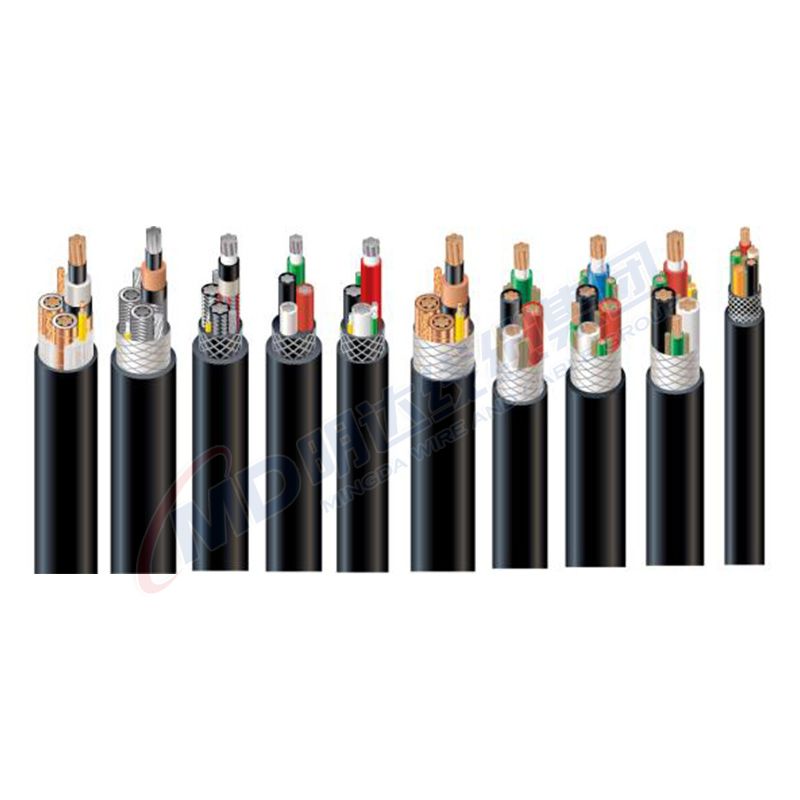Nov . 21, 2024 20:02 Back to list
carbon steel ball check valve
The Role of Carbon Steel Ball Check Valves in Modern Industries
In today's rapidly evolving industrial landscape, the demand for reliable and efficient flow control solutions has never been greater. Among the myriad of components that facilitate fluid management, the carbon steel ball check valve stands out as a pivotal element in numerous applications. This article delves into the significance, advantages, and operational principles of carbon steel ball check valves, highlighting their essential role across various sectors.
Understanding Check Valves
Check valves are mechanical devices designed to prevent backflow in piping systems. They allow fluid to flow in one direction while preventing reverse flow, thereby maintaining the system's efficiency and safety. Among the different types of check valves, the ball check valve uses a spherical ball to achieve this function effectively. When fluid flows in the designated direction, the ball is pushed away from its seat, allowing flow. Conversely, when the flow reverses, the ball moves back to its seat, sealing the passage and preventing backflow.
Why Carbon Steel?
Carbon steel is a popular choice for the manufacturing of check valves due to its unique properties. This material offers high strength and durability, making it suitable for a wide range of applications. Carbon steel check valves can withstand high pressures and temperatures, which is essential in industries such as oil and gas, chemical processing, and power generation.
Furthermore, carbon steel is often more cost-effective than other materials like stainless steel or high alloys, making it an attractive option for many manufacturers. While carbon steel is susceptible to corrosion, protective coatings or treatments can enhance its longevity and performance, allowing it to function effectively in various environments.
Advantages of Carbon Steel Ball Check Valves
1. Robustness Carbon steel ball check valves are designed to handle high-pressure systems, making them ideal for demanding applications. Their ability to withstand physical stress contributes to a longer service life.
carbon steel ball check valve

2. Compact Design These valves have a compact and lightweight design, which makes them easier to install and maintain in tight spaces. This is particularly advantageous in industries where space is limited, such as in offshore oil rigs.
3. Low Resistance to Flow The ball mechanism reduces turbulence and allows for smooth flow, which is crucial in maintaining system efficiency. This feature is especially important in processes that require precise flow control.
4. Versatility Carbon steel ball check valves are suitable for various fluids, including water, oil, and gas, making them versatile components. This adaptability allows them to be utilized across multiple sectors.
5. Cost-Effectiveness As mentioned earlier, carbon steel is less expensive than many alternative materials. This cost-effectiveness, paired with the durability of the valves, offers a good return on investment for businesses.
Applications in Various Industries
Carbon steel ball check valves find applications in a wide range of industries. In the oil and gas industry, they are used to prevent backflow in pipelines, thereby enhancing safety and efficiency. In chemical processing, these valves help control the flow of corrosive fluids. Additionally, they are crucial in water treatment facilities, where maintaining flow direction is essential for operational integrity.
Conclusion
In conclusion, carbon steel ball check valves play a vital role in ensuring efficient flow control in numerous industrial applications. Their robustness, compact design, low resistance to flow, versatility, and cost-effectiveness make them indispensable components in today’s automated processes. As industries continue to innovate and expand, the use of carbon steel ball check valves will undoubtedly grow, cementing their place as a cornerstone of effective fluid management solutions. Understanding their function and benefits can lead to more informed decisions for engineers and managers in selecting the right components for their systems.
Share
-
priming-a-pump-with-a-foot-valve-with-strainerNewsAug.23,2025
-
the-importance-of-a-y-strainer-in-pump-protectionNewsAug.23,2025
-
stainless-steel-ball-check-valve-for-high-purity-applicationsNewsAug.23,2025
-
common-applications-for-wafer-type-butterfly-valvesNewsAug.23,2025
-
seat-options-for-a-12-inch-knife-gate-valveNewsAug.23,2025
-
the-lifespan-of-a-typical-dismantling-jointNewsAug.23,2025


